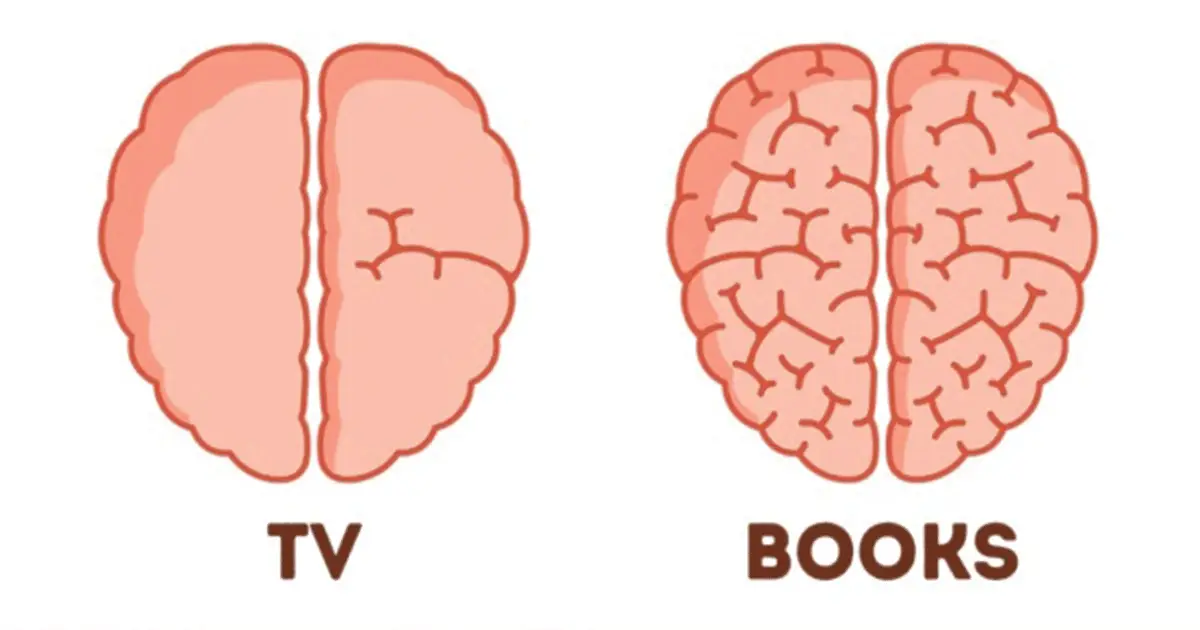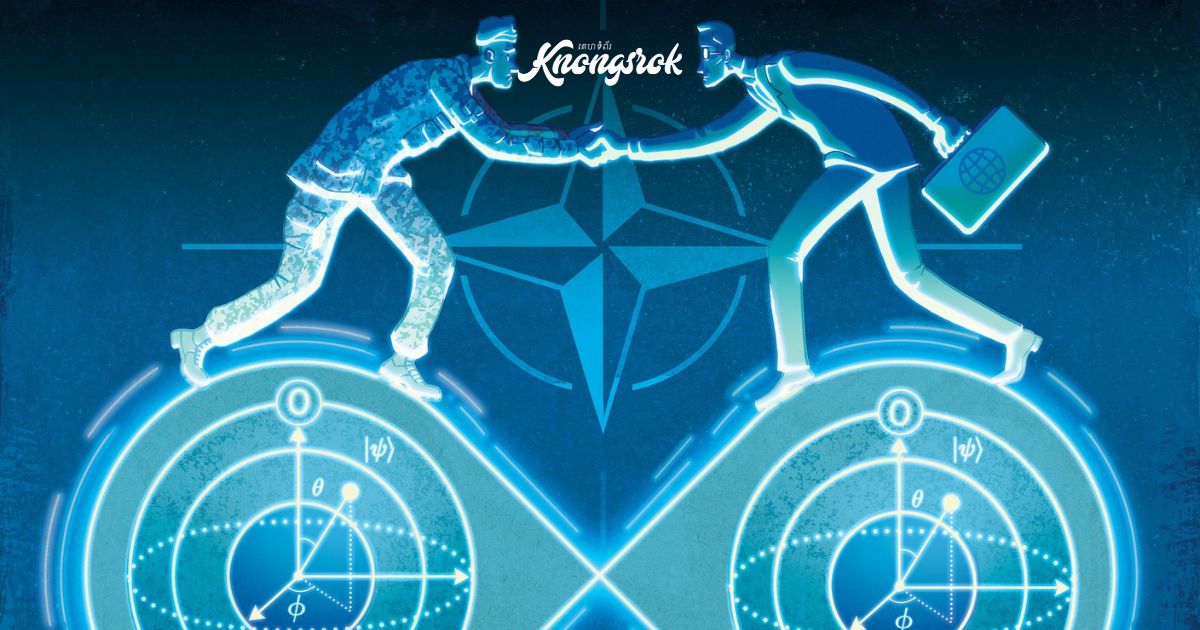Men May Get Hurt More Than Women During a Breakup, and Here’s Why
Men May Get Hurt More Than Women During a Breakup, and Here’s Why
Breakups are universally painful, but research and anecdotal evidence suggest that men may experience unique challenges and emotional difficulties that can make the aftermath of a breakup particularly tough for them. Here’s a look at why men might get hurt more than women during a breakup and the factors contributing to this phenomenon:
**1. Social and Emotional Conditioning
Cultural Norms: Men are often socialized to suppress their emotions and view vulnerability as a weakness. This cultural conditioning can make it difficult for men to express their feelings openly or seek support, intensifying their emotional pain during a breakup.
Emotional Bottling: Due to societal expectations, men may bottle up their emotions instead of processing them, leading to increased stress and prolonged grief when a relationship ends.
**2. Different Coping Mechanisms
Avoidance vs. Confrontation: Men may be more likely to use avoidance as a coping mechanism, which can delay emotional healing. They might engage in distractions, work excessively, or immerse themselves in hobbies rather than confronting their feelings directly.
Limited Support Networks: Men might have smaller support networks compared to women and may find it harder to reach out for emotional support from friends or family, leading to feelings of isolation during the breakup process.
**3. Impact on Self-Esteem
Identity Tied to Relationships: For some men, self-esteem and identity can be closely tied to their relationship status. A breakup can significantly impact their self-worth and confidence, leading to greater emotional distress.
Perceived Failure: Men might view the end of a relationship as a personal failure or a reflection of their inadequacy, which can exacerbate feelings of sadness and self-blame.
**4. Physical Health Effects
Stress Response: Emotional stress from a breakup can have physical repercussions, such as disrupted sleep patterns, changes in appetite, and increased susceptibility to illness. Men may experience these symptoms more intensely due to the stress and emotional strain of the breakup.
Heart Health: Research has suggested that men may be more vulnerable to stress-related heart conditions during times of emotional upheaval, including breakups, due to the physiological effects of stress.
**5. Relationship Dynamics
Attachment Styles: Men with anxious or avoidant attachment styles might find breakups particularly challenging. Anxious individuals may struggle with fear of abandonment, while avoidant individuals may find it difficult to process and express their emotions.
Role of Communication: Effective communication is crucial in relationships. If a breakup involves unresolved issues or poor communication, it can lead to increased emotional distress for both parties, but men might find it harder to navigate these complex feelings.
**6. Social Support and Stigma
Stigma Around Seeking Help: Men may face societal stigma around seeking psychological help or counseling, making it less likely for them to seek professional support during a breakup. This lack of support can prolong their emotional suffering.
Support from Partners: In some cases, men may have relied heavily on their partners for emotional support and companionship. The absence of this support post-breakup can create a void, leading to intensified feelings of loneliness and sadness.
**7. Long-Term Effects
Delayed Emotional Processing: Men might take longer to process their emotions, leading to delayed grief. This delayed reaction can surface later and might manifest as increased emotional difficulty or depression.
Resilience and Recovery: While men may face unique challenges, many can eventually build resilience and recover from breakups with time and support. Recognizing the importance of emotional expression and seeking help when needed can facilitate healing.
Conclusion
Men may experience heightened emotional distress during a breakup due to a combination of social conditioning, coping mechanisms, and personal factors. Understanding these unique challenges can foster greater empathy and support for men going through breakups. Encouraging open communication, providing emotional support, and challenging societal norms around masculinity can help men navigate the emotional aftermath of a breakup and support their healing process.














